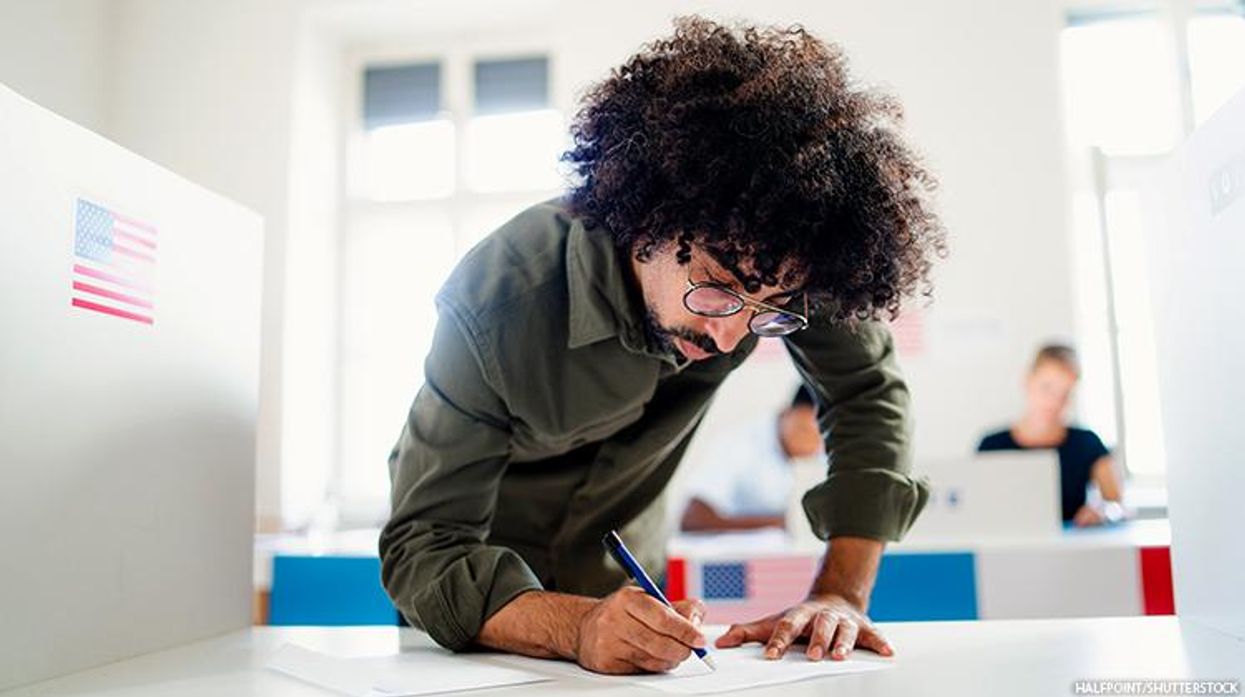Transgender
State ID Laws Could Decimate Trans Voting Power

With IDs that don't always represent who they are, transgender people are forced to decide between inaccurate representation or voting.
November 01 2022 7:40 PM EST
By continuing to use our site, you agree to our Privacy Policy and Terms of Use.

With IDs that don't always represent who they are, transgender people are forced to decide between inaccurate representation or voting.
Over 160 state bills across the country have been proposed that will directly affect and restrict trans rights, with consequences extending all the way to the voting booth, the American Civil Liberties Union and other organizations warn.
"People who might be inclined to harass marginalized voters at the polls are more aware of trans people's existence," Olivia Hunt, the policy director at the National Center for Transgender Equality, told NBC News. "So I expect that we're going to hear more stories of trans people being harassed, whether by voters, poll workers, poll monitors or other folks who are present during the election."
The National Conference of State Legislatures says that the majority of states require a voter to show identification for 2022's election, while eight of them have strict photo ID laws, i.e., only a government issued ID will satisfy. These laws disproportionately affect more marginalized populations.
For example, 8 percent of white eligible voting-age citizens didn't have valid government-issued photo IDs, compared with 25 percent of Black voting-age citizens and 16 percent of Hispanic voters, according to 2012 data from the nonpartisan Brennan Center for Justice at the New York University School of Law.
With the current climate of anti-trans speech and legislation, coupled with the misinformation about voter fraud and the news of armed "voter supervision" in areas such as Arizona, there are fears of being challenged at the voting booth.
A September report from the Williams Institute at the UCLA School of Law estimated there are 878,300 voting-eligible transgender adults in the U.S. Almost half, or approximately 414,000, live in one of the 31 states that require or request that voters show some form of ID. Of those, nearly another half, or 203,700, have IDs that don't reflect their gender identities and the names they go by.
"We hear stories from voters after most elections that they were challenged at the polls because their driver's license or other ID didn't match their current appearance or that the name that was on it did not match in the poll worker's mind the gender presentation that they had," said Hunt of the National Center for Transgender Equality.
Charlie Kirk DID say stoning gay people was the 'perfect law' — and these other heinous quotes